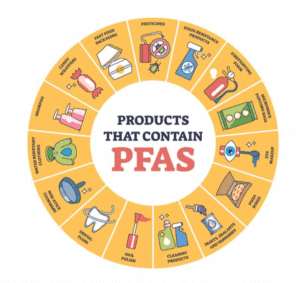Having the right mindset is imperative.
Accept that you are going to have to eat well and exercise for the rest of your life. Your healthy eating plan becomes a platform that you revert back to, enjoying occasional indulgences and extras rather than following an ‘all or nothing’ approach where you’re always ‘on’ or ‘off’ a program.
It is consistency, not perfection that predicts long-term health and weight control.
Our 5 top principles are:
- Keep structured meal and snack times to avoid mindless munching. Knowing what you’re eating, when, means you’re less likely to fall into the old I’m-hungry-right-now-what’s-the-nearest-thing-oh-it’s-the-cookie-box situation. If you’re organised, you’re way less likely to spontaneously grab something on the go, and probably make a poor choice because you’re hungry and frazzled.
- Break your fast (breakfast, get it??) with a protein rich meal. Protein is a super nutrient when it comes to weight loss as it is digested more slowly than carbs and hence helps to keep the hormonal systems that control our appetite and fat burning hormones well regulated.
- Load up on fresh salads and vegetables (7-10 serves each day) People who eat large volumes of vegetables are healthier for a couple of reasons: vegetables are nutritious (duh!) and also generally low in calories, so you can eat a lot of them and feel full with only a minimal caloric intake. The fuller you are with vegetables, the less room or need you have for chocolate and chips. Aim to include vegetables and/or salad at every meal and snack, whether this is via some mushrooms and tomatoes in your morning omelette, or a large salad at lunch and some vegetable soup for dinner.
- Keep dinner light. Most people tend to burn the least amount of calories at night after dinner, because there’s typically only a couple of hours until lying down in bed for the night. It’s for this reason that, aiming, as a rule, to have light dinners to help weight loss or weight maintenance. Keep dinner small, with vegetables and some protein and good fats. The earlier you eat dinner, the better – studies have shown that fasting for 12 hours overnight (between dinner and breakfast the next day) can improve your metabolism.
- Plan your food in advance. Spend Sunday afternoon grocery shopping and preparing your meals for the week, and always pack your lunch the night before. People who eat well are organised and keep the foods on hand that they need to keep on track with their diet, no matter what situation they find themselves in. These same people also tend to plan their treats and indulgences and choose where and when these will happen. This helps preventing a week-long chocolate binge when you feel you have gotten ‘off’ the plan.



